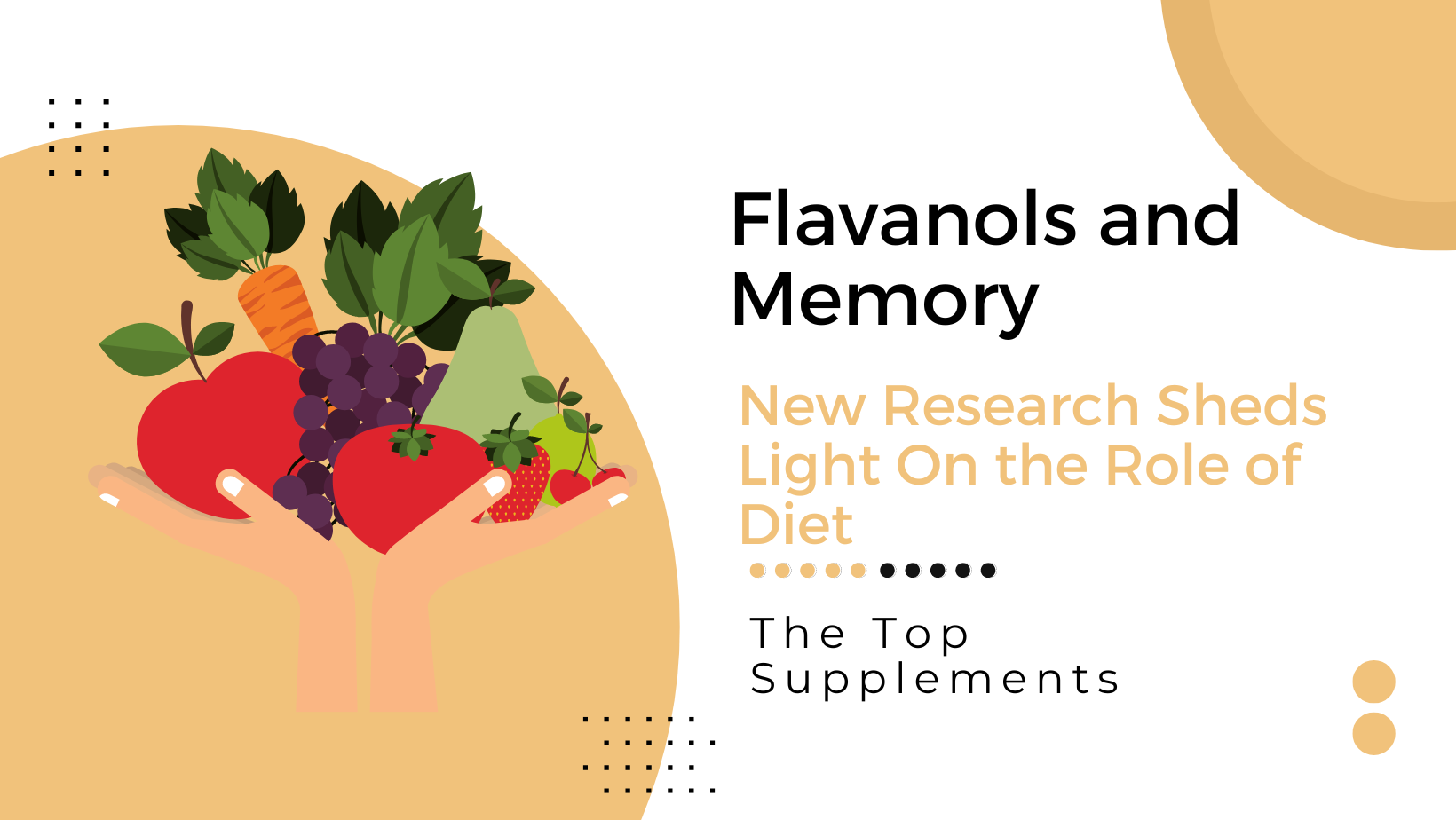Reasons why You Should Take Dietary Supplements
Vitamins, minerals, and other nutrients are essential for good health. Food may not be enough to give you all the nutrients you need. When used right, dietary supplements can give you essential nutrients. Three out of five Americans take supplements every month. People who know much about supplements can get a lot out of them. For additional information about choosing and taking supplements safely, follow through this article.

Supplements for your diet
Dietary supplements consist of vitamins, minerals, herbs, amino acids, and enzymes (complex proteins that speed up biochemical reactions). Tablets, capsules, powders, and liquids are prominent formats.
Are supplements safe?
Manufacturers of dietary supplements are responsible for the safety of their products and must follow standards for making and labeling them; if a dietary supplement causes a severe problem, the company that makes it must report it as an adverse event. FDA has the power to take dietary supplements off the market if they are dangerous or misleading.
Before taking a dietary supplement, find out as much as you can about it. Even though the Internet may have helpful information, it is often hard to tell how accurate it is. Usually, something is not as good as it seems. If you have questions, talk to your doctor or the company that made the product.
Who are supplements good for?
People use nutritional supplements to:
- Keep your health up.
- Improve both mental and physical performance
- Immune support
There are some people, like:
- Women who might be expecting a baby – Women who might get pregnant should eat or take 400 micrograms of folate daily to prevent congenital disabilities. Folate is a B vitamin that is needed to make DNA. Along with iron and calcium, they can be found in prenatal vitamins.
- There is a chance that older people need more vitamins and minerals than younger people. Some of these are calcium and vitamin D, which are essential for healthy bones, vitamin B-6, which is needed to make red blood cells, and vitamin B-12, which is needed to keep neurons and red blood cells healthy.
- Food allergies or restrictions on what you can eat Nutritional supplements may help you if you are a vegan, have food allergies, can’t handle lactose, or have trouble digesting or absorbing nutrients.
Should I talk to my doctor about taking vitamins?
Yes, is the short answer. Even though dietary supplements can be bought without a prescription, there are good reasons to discuss them. Talk to a specialist because dietary supplements may interact with prescription or over-the-counter medicines. Your doctor can tell you what vitamin to take. Tell your doctor if you are being treated for a health problem, like heart problems or high blood pressure, or if you are pregnant or could become pregnant.
Is there any danger if you take supplements?
Low danger If you decide to take the recommended supplements, make sure to follow all of the directions and talk to a doctor. Some bad things that can happen when you take supplements are stomach upset, heartburn, gas, and bloating. If you don’t follow the directions, it could be bad for your health. If you use it wrong, you could get sick, bleed, get a headache, or hurt your liver. Health care professionals can tell you if a dietary supplement might interact with a drug you are already taking.

Gina Jordan is a health blog author who has been writing about healthy living since 2013. She started her journey by adopting a vegan diet and eating only organic foods, but the more she learned, the more she realized that we should all be eating plant-based diets exclusively. As an expert in nutrition and wellness, Gina blogs to educate readers on how they can live happier and healthier lives through food choices!










